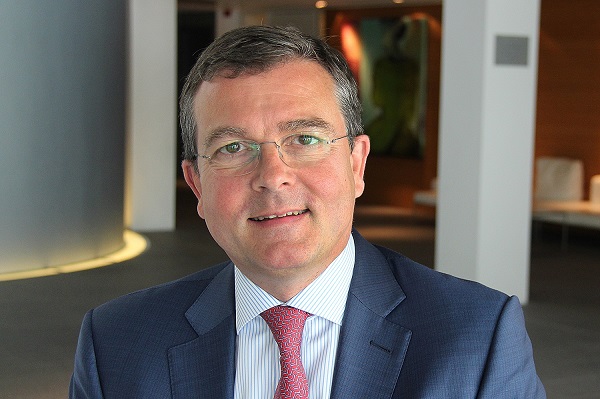
According to a new study from the Deloitte Family Business Center: Next-generation family businesses: Exploring business ecosystems, a large majority of survey respondents agreed that business ecosystems enabled their family business to innovate beyond its individual capabilities, but old habits are hard to change.
To thrive in today’s dynamic, complex business ecosystems, many family-owned businesses will need to shift their mindset to take a more expansive view of the kinds of business relationships they can use to drive value.
The study showed that while most family-owned businesses view ecosystems as an opportunity for growth, they do not necessarily take any concrete actions to expand their own ecosystems by entering into alliances with other companies. This finding also applied to organisations whose leaders view themselves as more open to collaboration.
Ecosystems offer opportunities for innovation
A large majority (89%) of the 575 survey respondents from Luxembourg and 51 additional countries worldwide agreed that business ecosystems enabled their organisation to innovate beyond its individual capabilities. Yet when asked about their actual participation in innovation projects, more than half (53%) said that they rarely or never cooperated with other organisations during the past three years, pointing to a lingering reluctance among at least some family-owned businesses to engage with external parties. Further, 32% of the global respondents said that their businesses would only work on new services and/or products with organisations with which they already had a long-standing relationship. Conversely, local results showed that the majority of Luxembourgish respondents displayed a more open mindset towards engaging with new organisations.
According to Georges Kioes, Family Business Leader at Deloitte Luxembourg, this result reflects his own experience: “Most family businesses indeed have a tendency to work and operate within a stable and well-known network of partners with a traditional emphasis on close and trustworthy business relationships. However, we also see a gradual change in the willingness among the younger generation of family business leaders here to explore new business ecosystems.”
Outward-facing mindset required
“In today’s business ecosystems with more fluid and diverse modes of interaction, the next-generation family business leaders will have to adopt a flexible, outward-facing mindset in regards to new types of business relationships if they want to exploit the opportunities offered by modern business ecosystems,” continued Kioes.
More than half of the survey respondents believed that they needed to change the approach of their business to collaboration, mergers and acquisitions (M&A), and alliances, either to some extent (53%) or substantially (17%). Georges Kioes then summarised: “The challenge for next-generation family business leaders in Luxembourg and elsewhere is to consider how their business model can work effectively in an evolving business ecosystem, without neglecting the history and traditions embedded within the family.”








